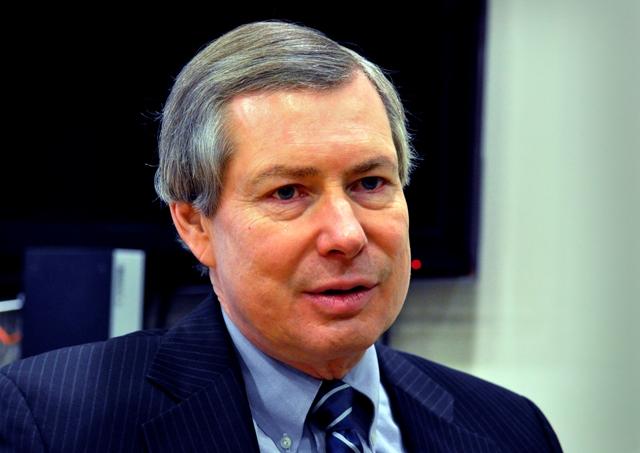KABUL, a traditional assembly of elders, to decide on immunity under Afghan laws for American troops staying beyond planned withdrawal in 2014.
Afghanistan and the US signed a bilateral security agreement last year. The agreement follows a deal that was signed last May in Kabul by President Barack Obama and President Hamid Karzai.
In Iraq, a deal over troop immunity fell apart after US officials were unable to reach an agreement with the Iraqis on legal issues for a small training and counterterrorism force to remain there.
Karzai said last month the issue of soldiers being protected from prosecution in Afghanistan could not be a problem in the talks. Afghanistan might demand prosecutions in some cases, he said. The issue took on new meaning after Staff Sgt. Robert Bales allegedly attacked Afghan civilians in two villages in southern Afghanistan. He faces 16 counts of premeditated murder and six counts of attempted murder in the March 11 attacks against civilians.
“The immunity is part of the bilateral security agreement. It does not mean rescuing a soldier from prosecution everywhere. There is difference between immunity and the legal jurisdiction,” James Warlick, US President Barack Obama administration’s deputy special representative for Afghanistan and Pakistan told Pajhwok Afghan News during an interview.
Warlick, who led the US in the first round of talks with the Afghan side led by Eklil Hakimi, Afghanistan’s ambassador in Washington, on issues such as immunity for US troops, said no troop, if found guilty of committing a crime, could be protected from being prosecuted and punished.
The US is believed wants to retain up to 20,000 troops in Afghanistan after 2014 to train and support Afghan forces and go after extremists and groups. Afghanistan now has about 66,000 US troops.
Warlick said he had a detailed discussion with Hakimi on the issue of immunity at the one-day talks and that they stressed it should have a proper meaning in order not to be misunderstood.
He welcomed President Karzai’s call for a Loya Jirga to decide on the immunity issue. However, he did not say how the US would react if the grand assembly responded negatively to the issue.
Karzai has said a decision on immunity will be made by the end of the year. The Afghan government rejected an initial US proposal regarding the question of immunity and a second round of negotiations will take place this year in Kabul, he said. Those negotiations could involve Loya Jirga, he added.
Warlick said talks were ongoing over a complete handover of detainees at the Bagram prison to Afghan custody, saying the US remained committed to its stance over the transfers.
He said the US would not leave Afghanistan alone after most of the combat troops had withdrawn after 2014. “The US will remain committed to peace and stability in Afghanistan,” he said, hoping the Afghan-led reconciliation campaign would be a success.
ma
Visits: 3









GET IN TOUCH
NEWSLETTER
SUGGEST A STORY
PAJHWOK MOBILE APP